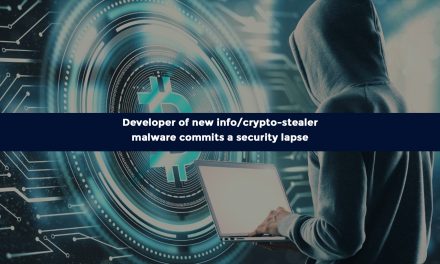Here are some quick general reminders on staying safe today and everyday — for you and everyone sharing the same cyberspace.
Today (9 Feb) is Safer Internet Day. The theme for this year is the same: “Together for a better Internet”, and all stakeholders are urged to join together to make the internet safer and better, especially for children and the young.
To help you along, here are some tips from Paul Ducklin, Principal Research Scientist, Sophos, on how to do that:
- If you own a website, make sure it is secure
For many small businesses in countries with strict lockdowns, online sales are the only way to keep trade alive at all, due to ‘click-and-collect’ regulations. As a result, many have enabled online purchasing for the first time over the last year, with web developers reporting a rush to implement online payment mechanisms in the first months of the pandemic. So:
• If your business has a website, even if it is only a modest one, go back and review the security of the site and any payment collection services you work with or connect to.
• If you can afford it, get a third-party to do the review so you get an independent opinion of what has been set up well, which parts could be improved, and which parts, if any, need urgent attention. (You can be sure that the crooks are regularly ‘testing’ your server, even if you are not.)
• If you are running a website via HTTP only, perhaps because the information you are providing is public anyway and you do not think it needs encrypting, THINK AGAIN. Please upgrade to HTTPS for the greater good of all.
• If you do not manage your own website, speak to your hosting service: any reputable provider will be happy to answer your questions, and will not get in the way of an independent security assessment. - If you shop online, take care before you share your card data
It is just a few minutes of work to make an old-school written copy of the emergency contact numbers and email addresses for organizations such as your bank, card issuer or insurance company. That way you will have access to them even if you lose your payment card or your phone gets stolen.
These days, many banking apps have a ‘quick lock’ option that allows you to freeze and unfreeze access to your account or payment card in seconds. In an emergency, such as if you think you put your card number into a phoney site or you have misplaced your card, you can block access to it right away, even before you call up to ask the bank for advice. - Educate your friends and family
Lots of occasional web users have become heavy consumers almost overnight. Many people who previously just used the internet to read the news or check emails are now using it in multiple ways every day, including for meeting up for chats with groups of people they do not know well, if at all.
Speak with your friends and family about good online security practices. Advise them on how to spot scams no matter the origin. Cybercriminals are taking advantage of people being stuck at home to make predatory phone calls; they are abusing home deliveries to send scams via SMS; and they are taking advantage of people trying to download health advice or set up vaccine appointments.
A little bit of sincere reminding and invitation for them to consult you when in doubt, can go a long way to protect them and maybe even everyone else indirectly.

















